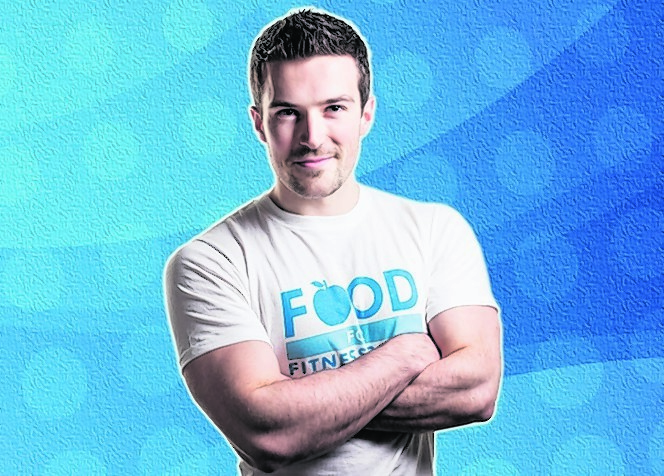Welcome back to my mini-series on workout nutrition. So far we’ve covered what to eat before hitting the gym or pounding the pavement.
Last month we looked at what to eat during and this week we’ll cover a hugely important aspect of sports nutrition – recovery.
We’ll look at what you should eat after exercise, what to drink and when, and I’ll dispel a few myths for you too.
PROTEIN
First off, it’s important that you understand that despite what you may have read in fitness mags, or heard down the gym, the science shows us that there isn’t a rapid urgency to neck a protein shake the second after you’ve finished exercising.
Don’t get me wrong, consuming protein after exercise is an important aspect of recovery – it’s necessary to help rebuild muscle tissue that’s been damaged in your workout, run, cycle and so on.
But it doesn’t require a finite degree of precision.
Even if you’re not trying to bulk up, it’s a good idea to consume a quality source of protein, probably around 20-40g within about three hours of finishing.
If you exercise after work and your ‘post-workout meal’ is your dinner, make sure that you’ve included a reasonable serving of protein such as a chicken breast, fillet of fish, turkey steak, mince etc.
There isn’t any harm consuming a protein shake, if that’s your preference, but it certainly isn’t a requirement and protein from solid, tasty food, is just as good, if not better.
CARBOHYDRATE
If you’ve read the previous articles on workout nutrition you’ll know that the amount of carbohydrate we need to consume is generally relative to our energy requirements.
The more active we are, the more carbohydrate we need.
It’s the same after a workout. If you’ve had an exhausting session like a two hours or more cycle, you’re going to want to include more carbohydrates in your post-workout meal than someone who’s been throwing weights around for 45 minutes.
With regards to timing, for most people, like protein, there isn’t a rapid urgency to consume carbohydrates after a workout.
Just eating them at a convenient time, like with your next meal, is probably going to be sufficient.
The caveat is if you are doing more than one exercise session in a day then timing becomes more important.
If this is the case, say for a triathlete, then it’s probably a smart move to not hang about too long before getting tucked-into your yummy carbs as this will help speed up the fuelling process for the second session of the day.
FLUID
Make sure you get some fluids down you after a workout, this should be a no-brainer.
Water is likely to be the best choice for many but if you’ve had an exhausting session (lasting longer than an hour) then adding some recovery mixture will help move things along a little quicker.
THE WRAP UP
So there you have it. Focus on a quality source of protein after exercise, eaten at a time that suits you (no need to drop the weights and sprint to the changing room for that shake) and consume a sensible serving of carbohydrates relative to your exercise intensity.
- Scott Baptie is a sports nutritionist and personal trainer based in Aberdeen. He helps people move, look, feel and perform better FoodForFitness
